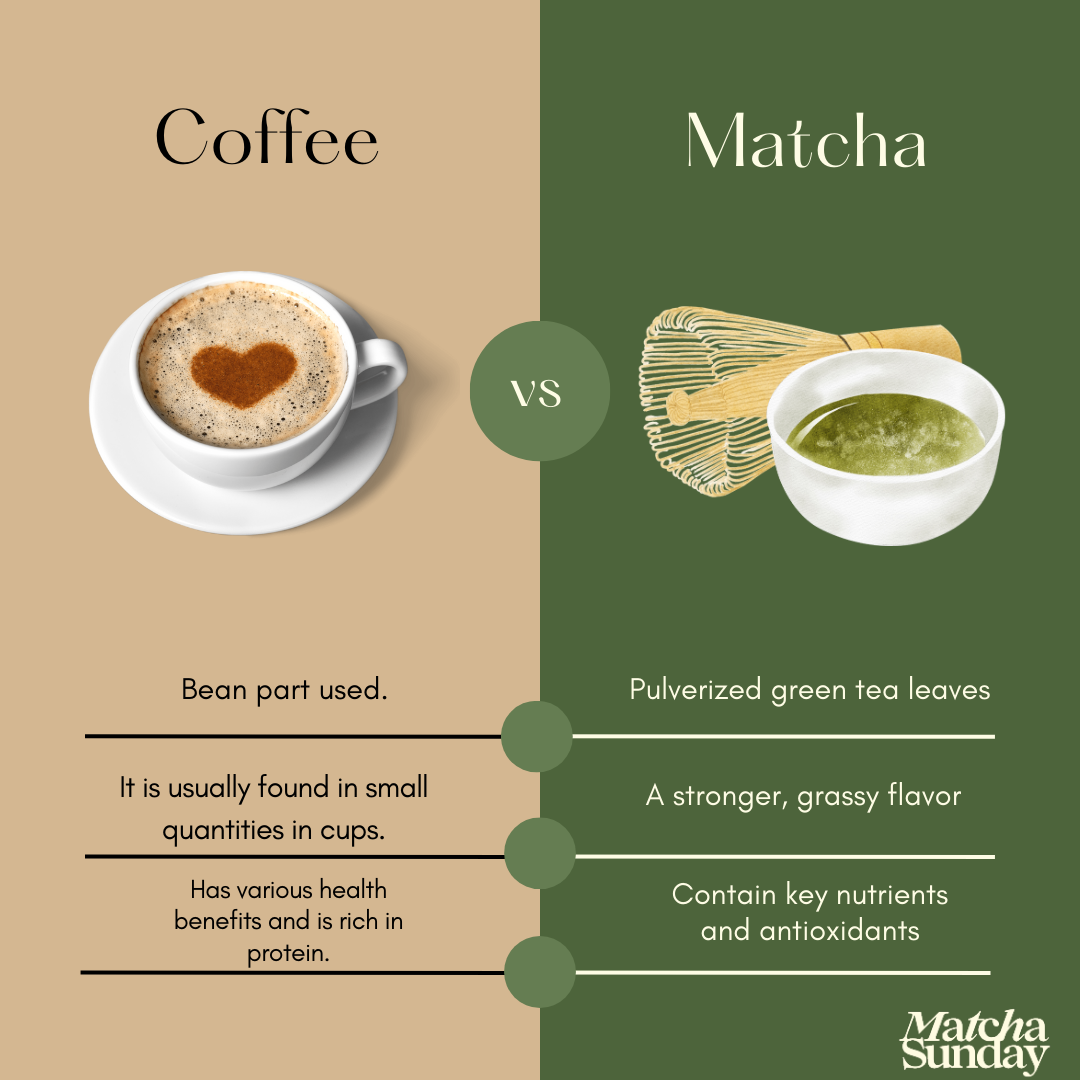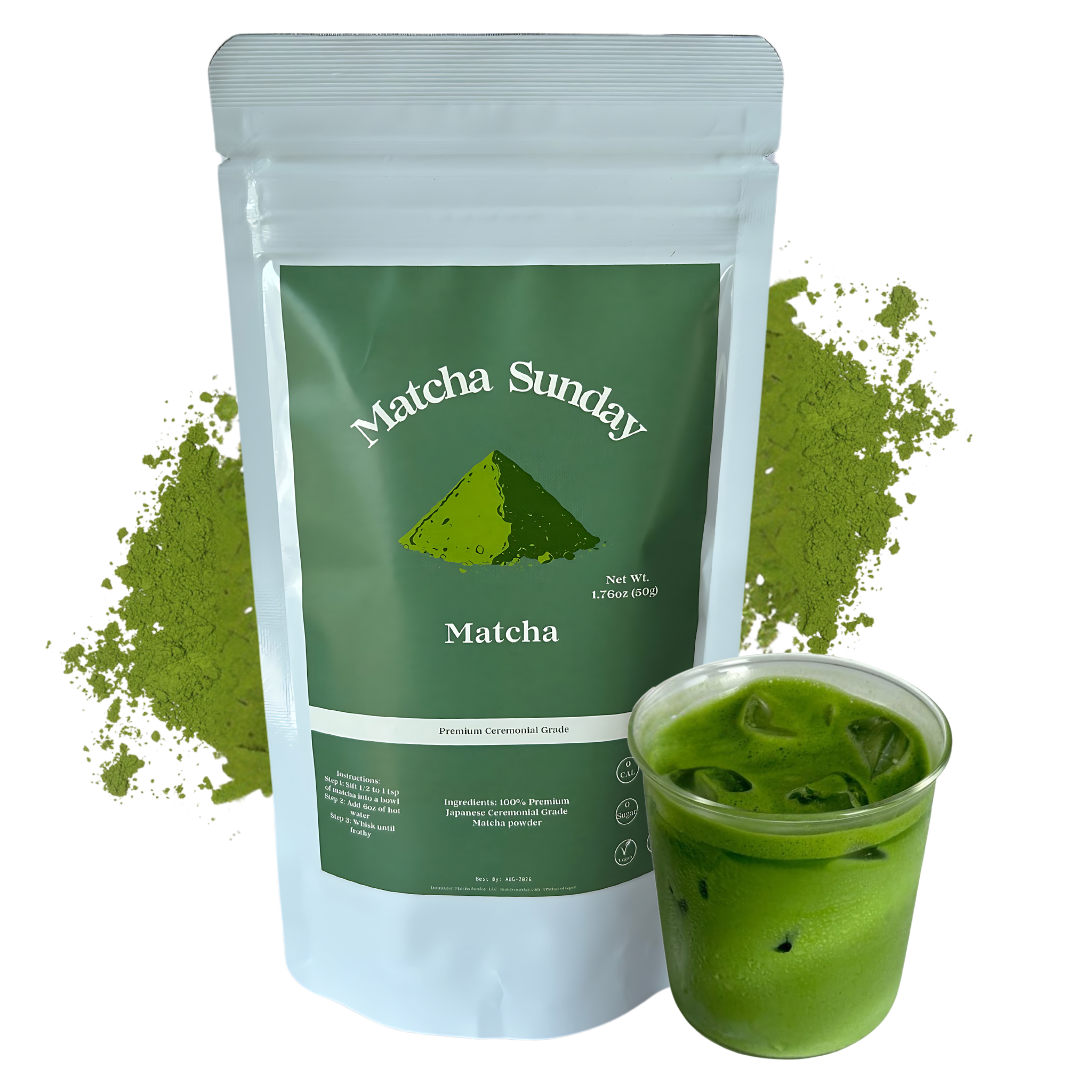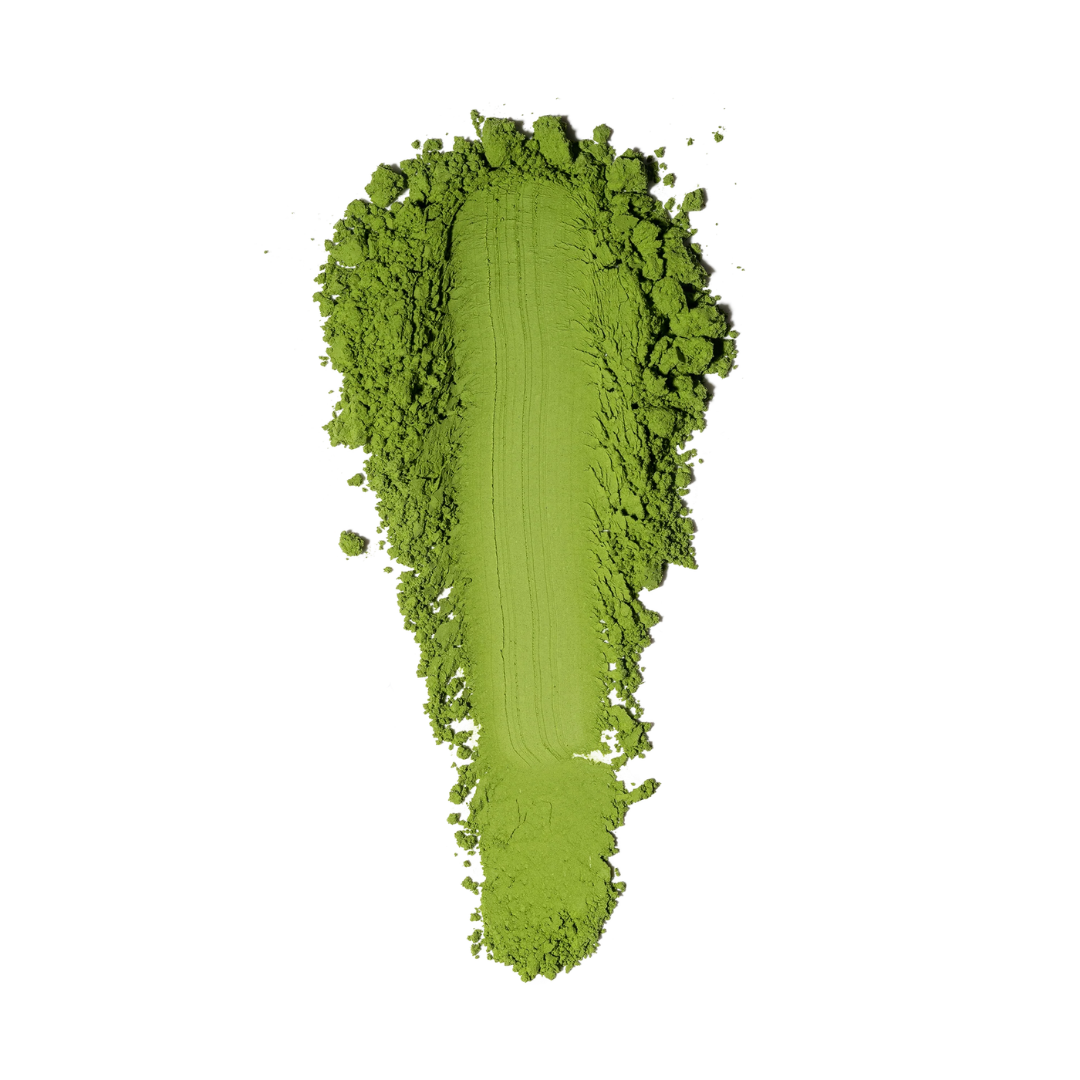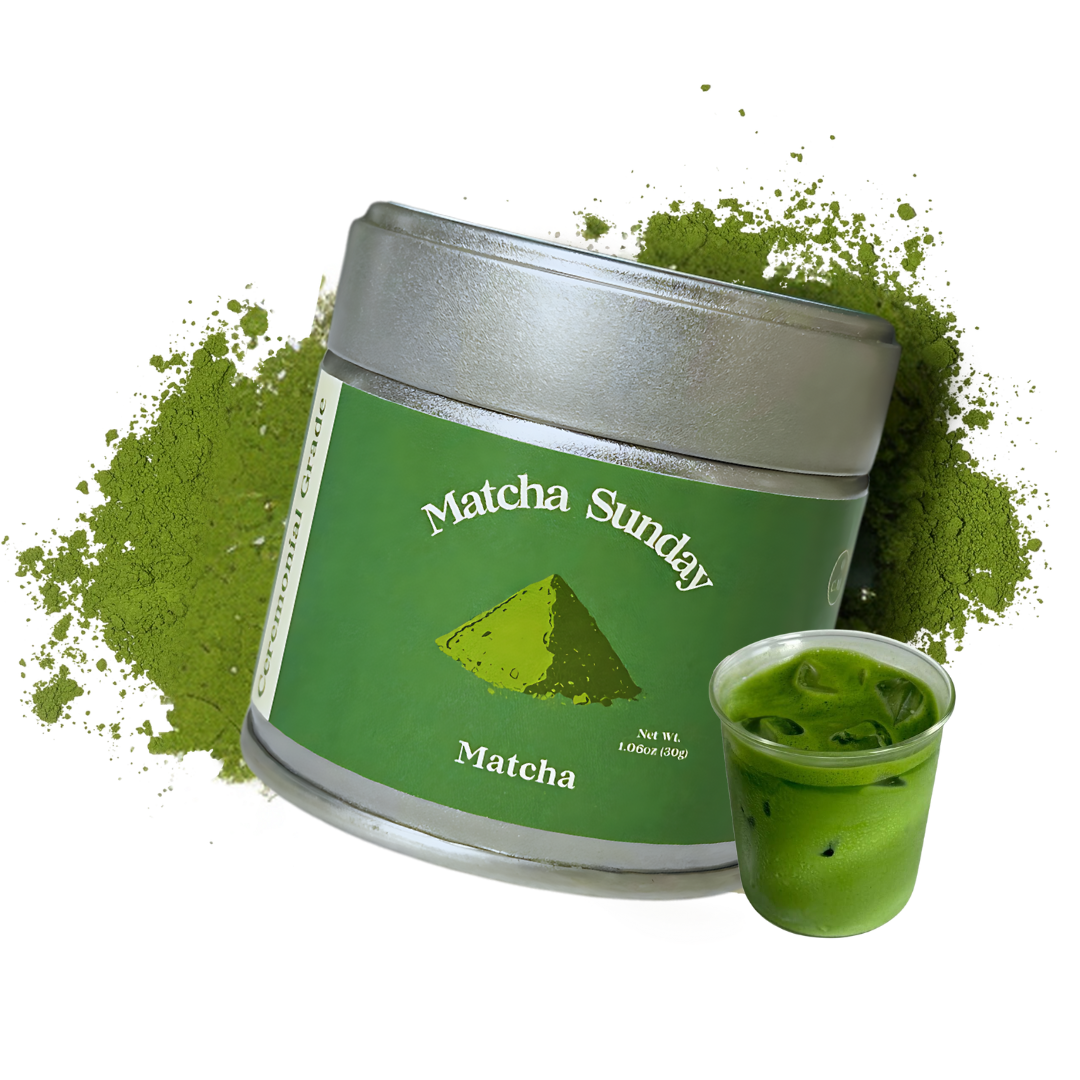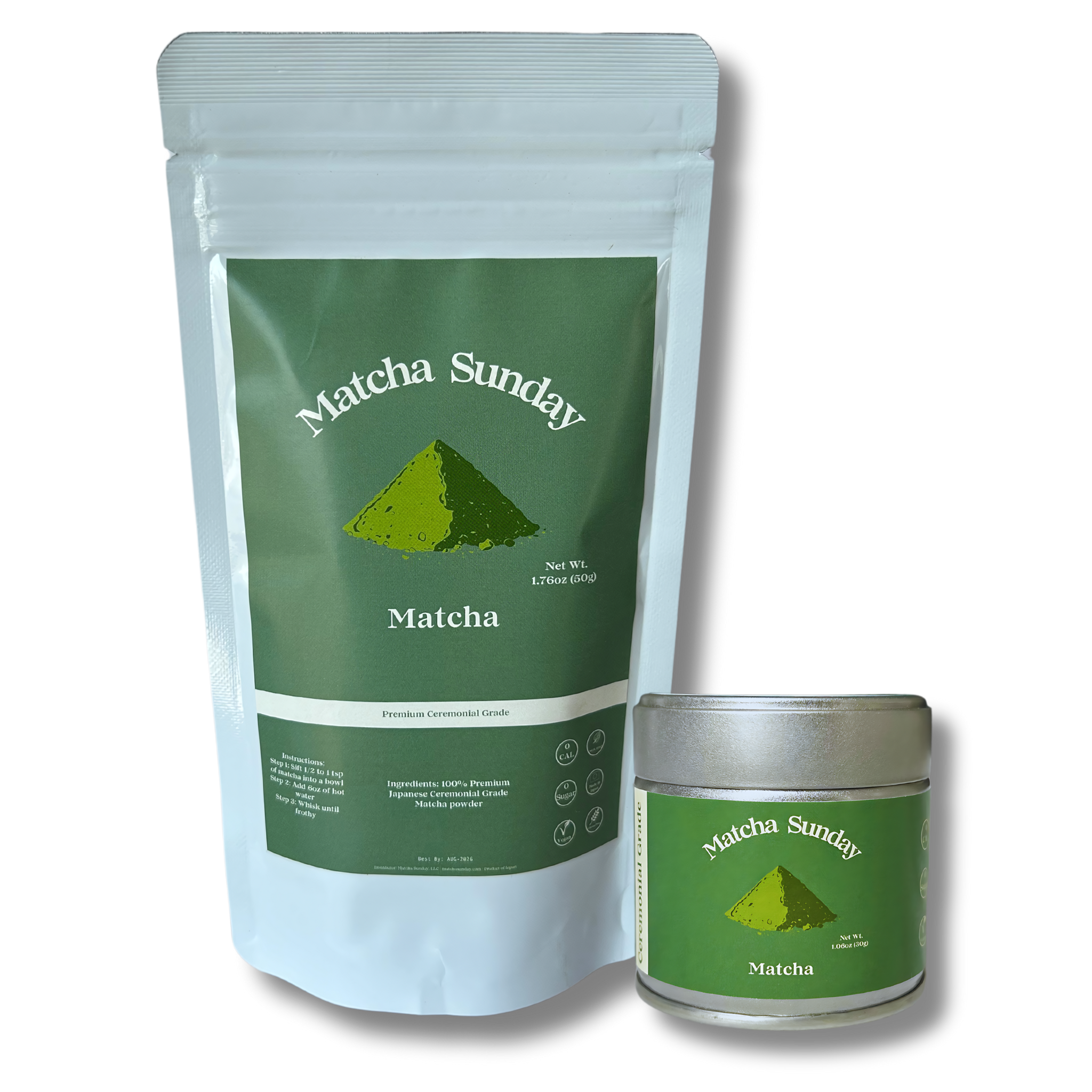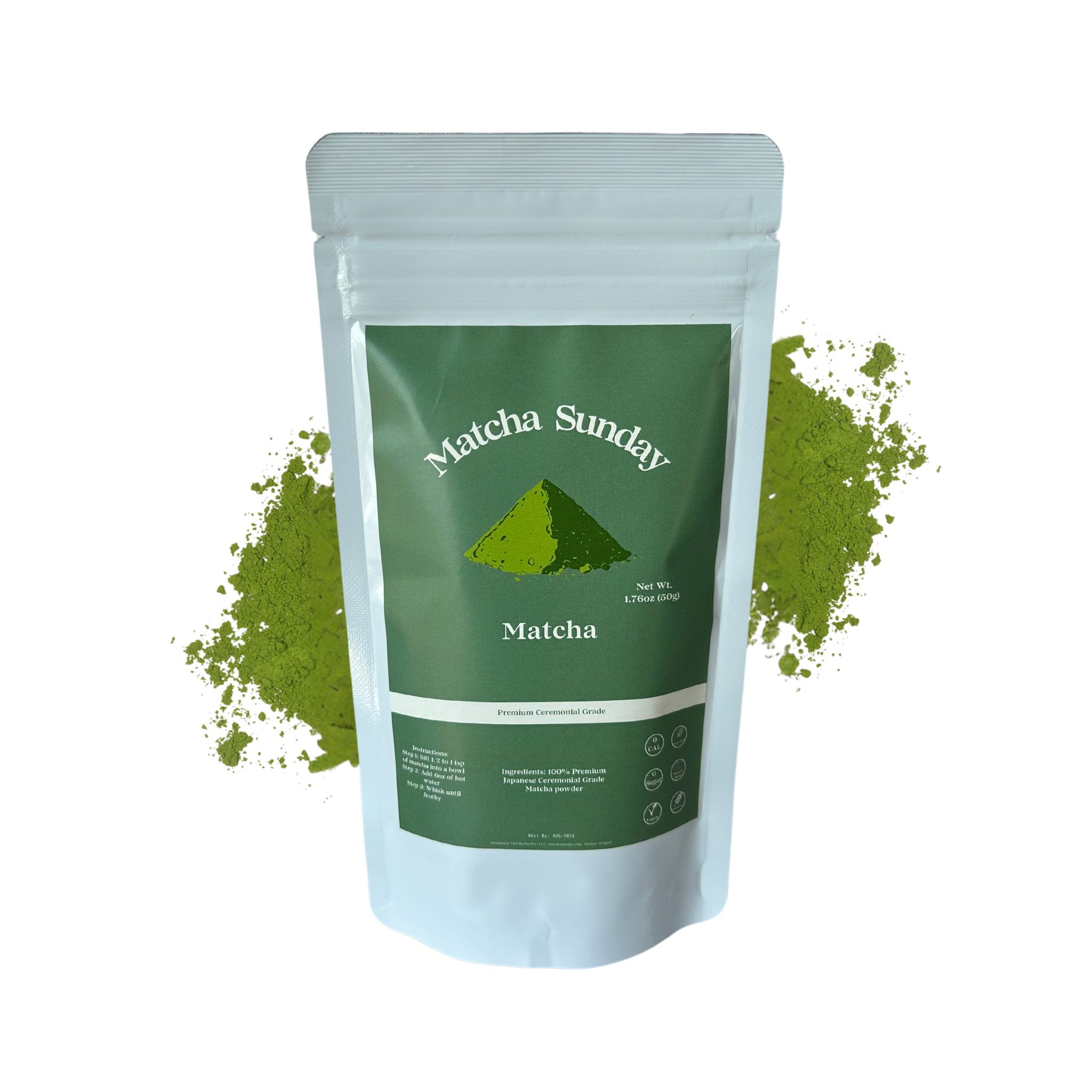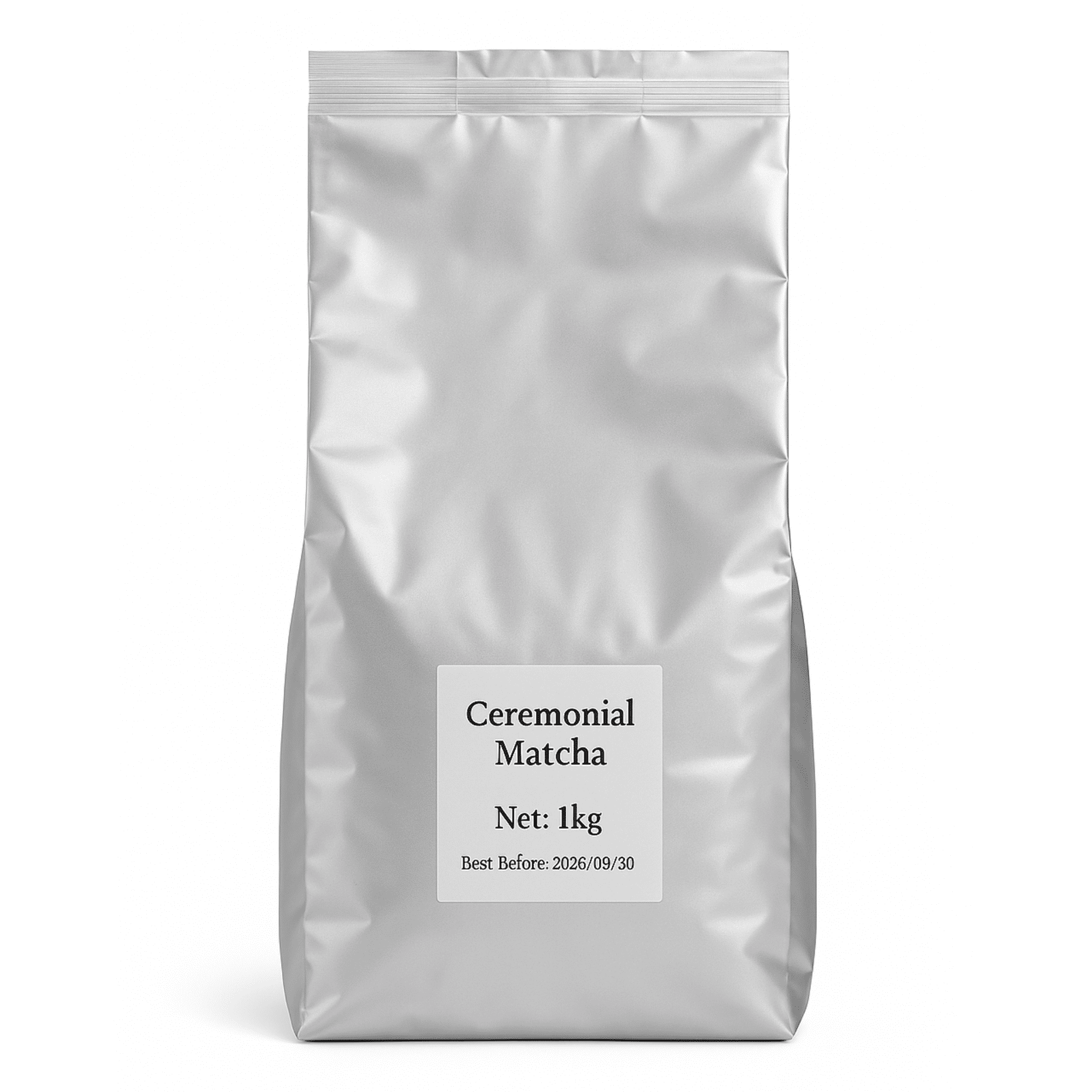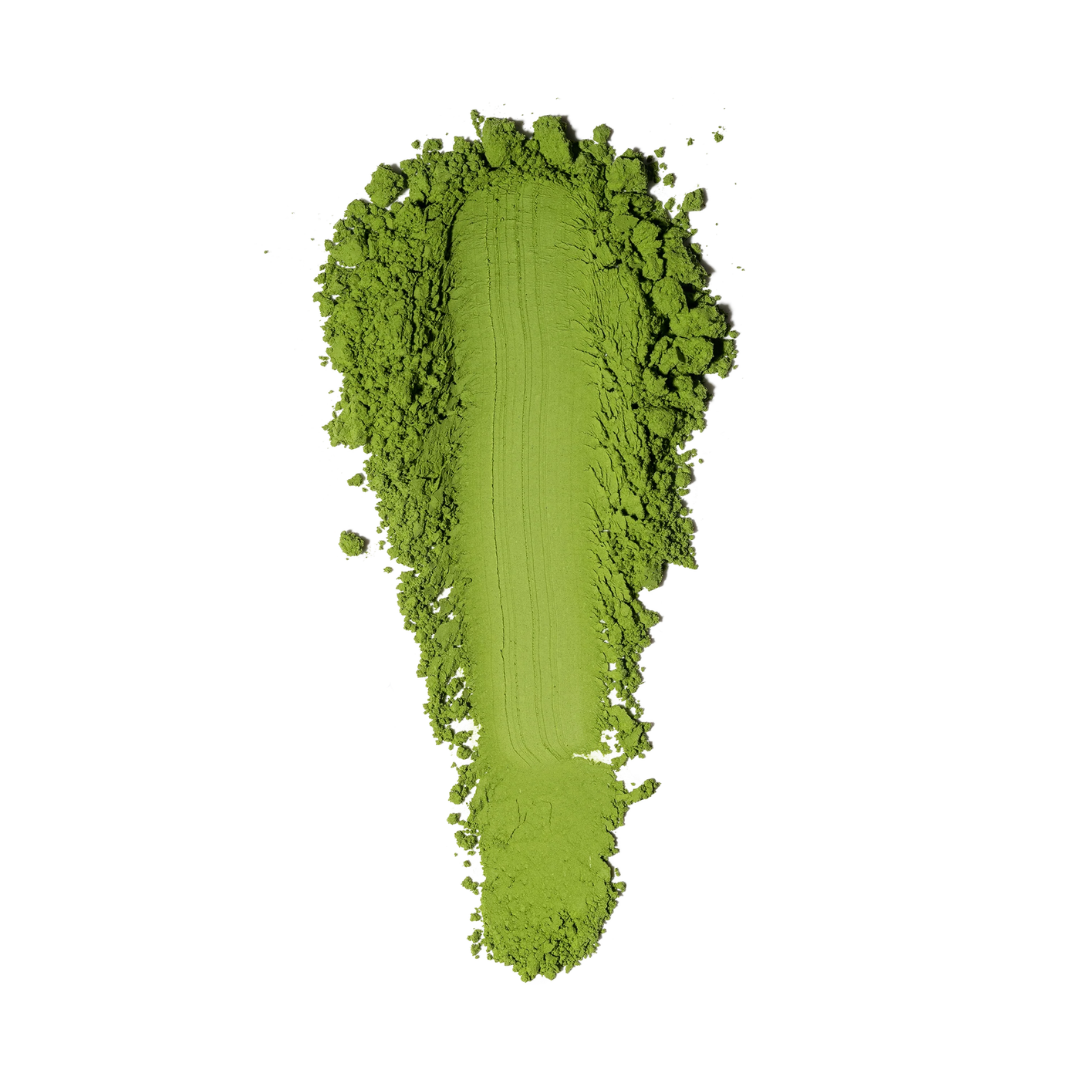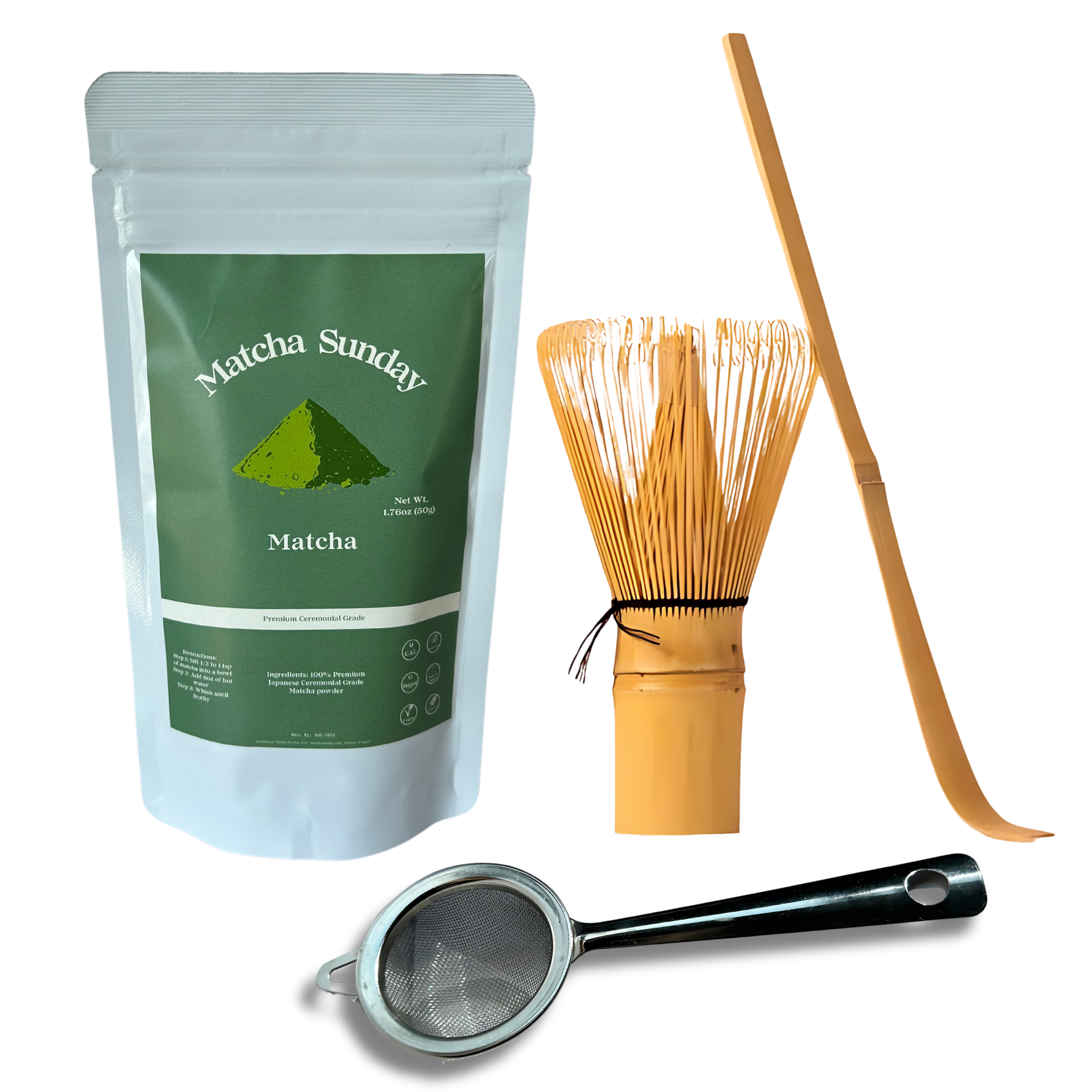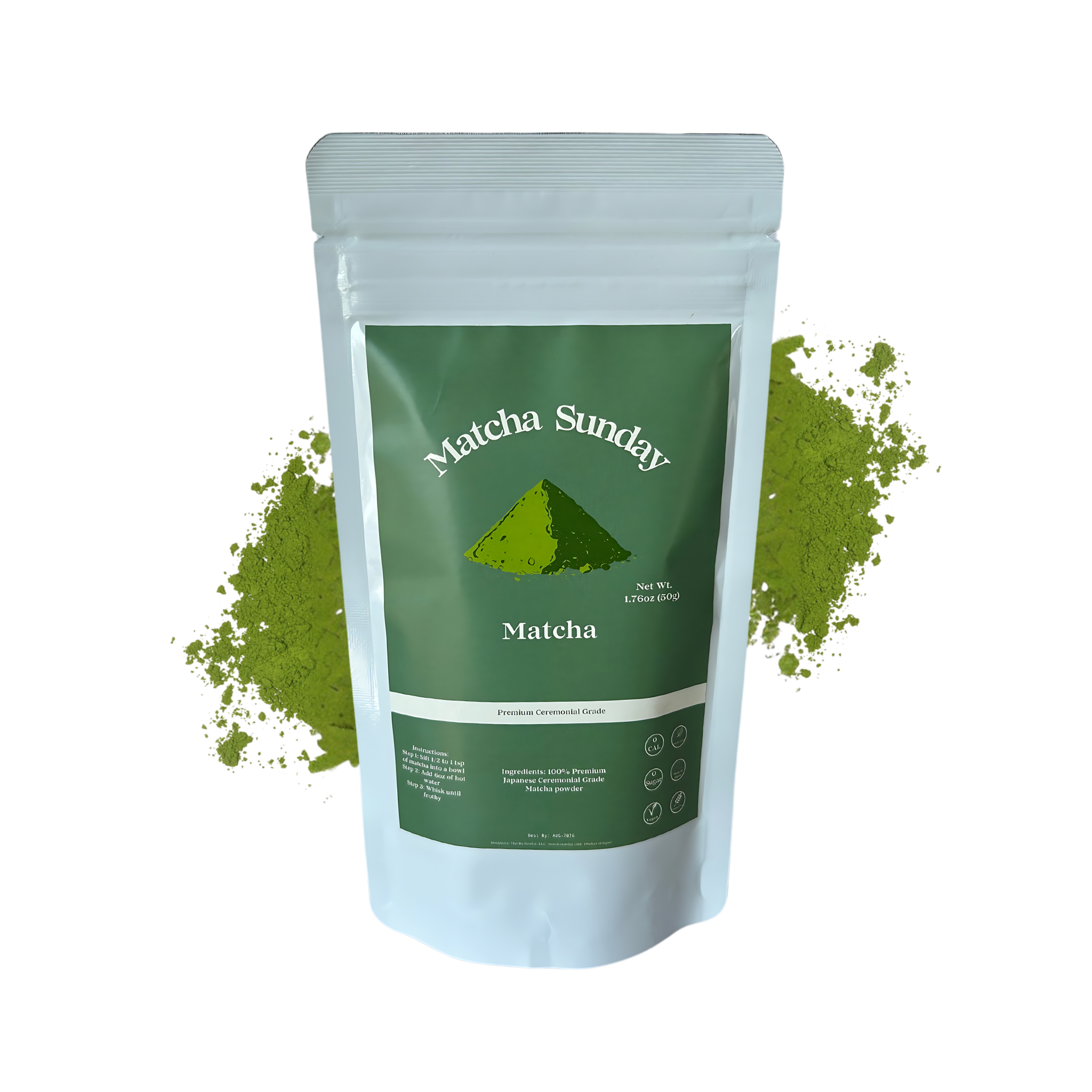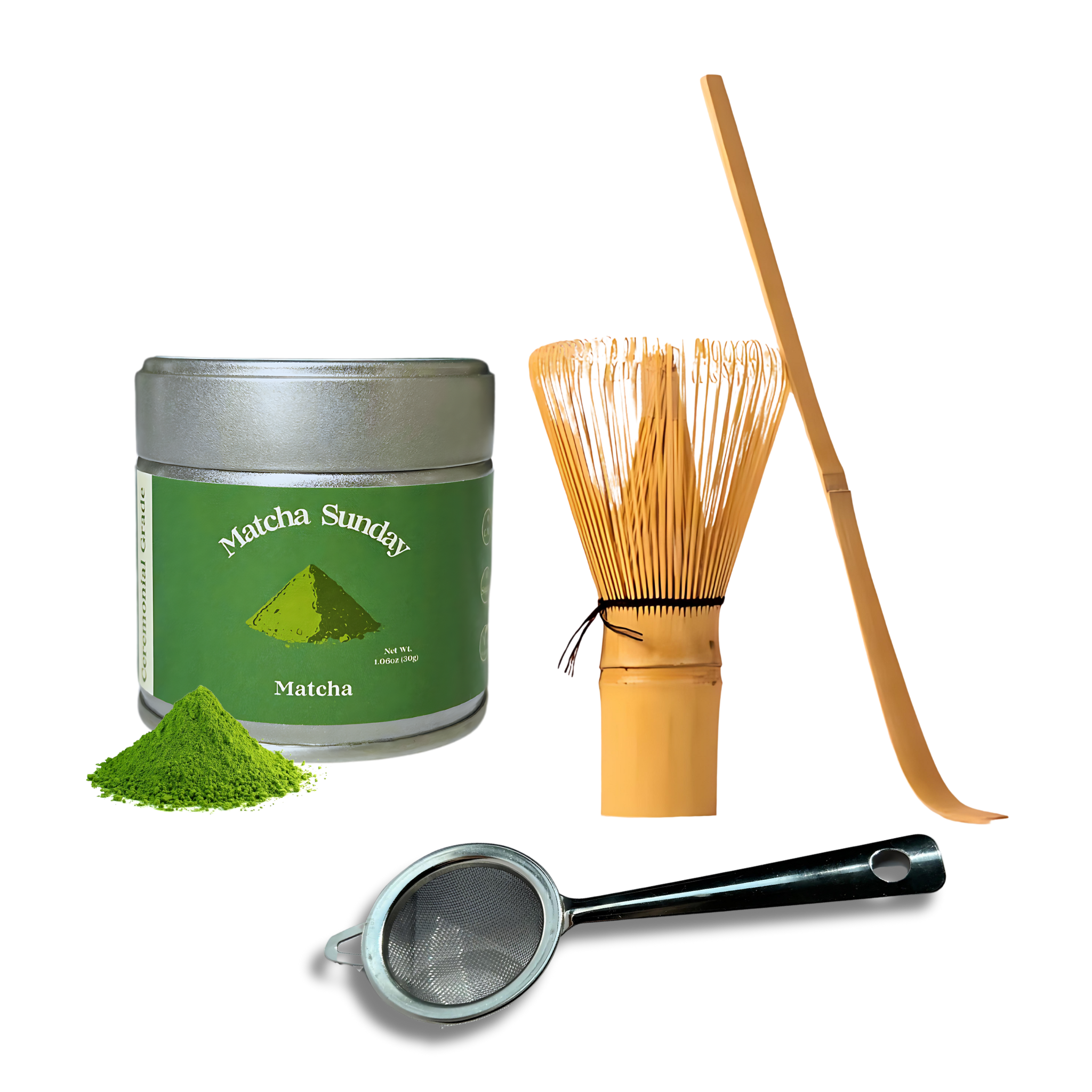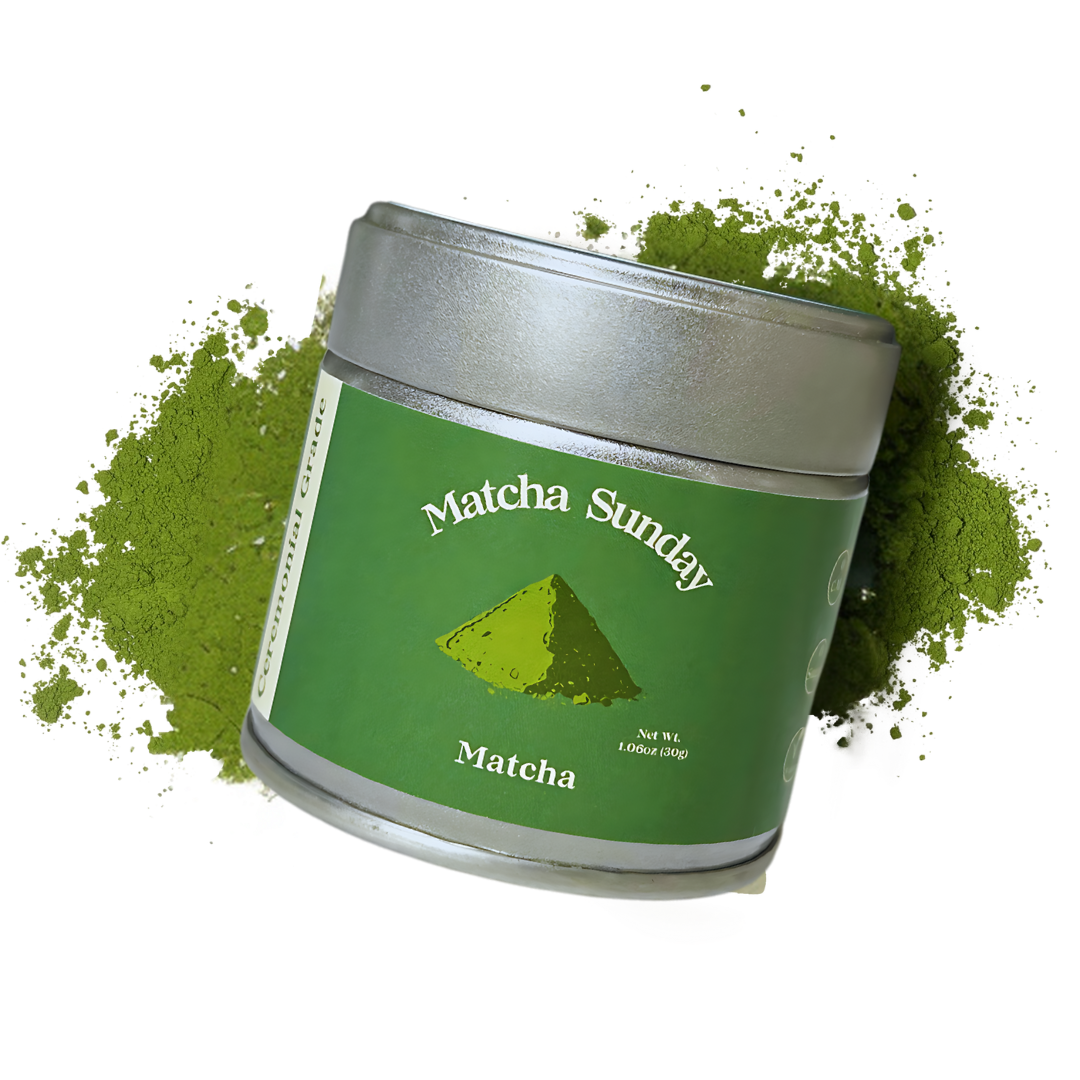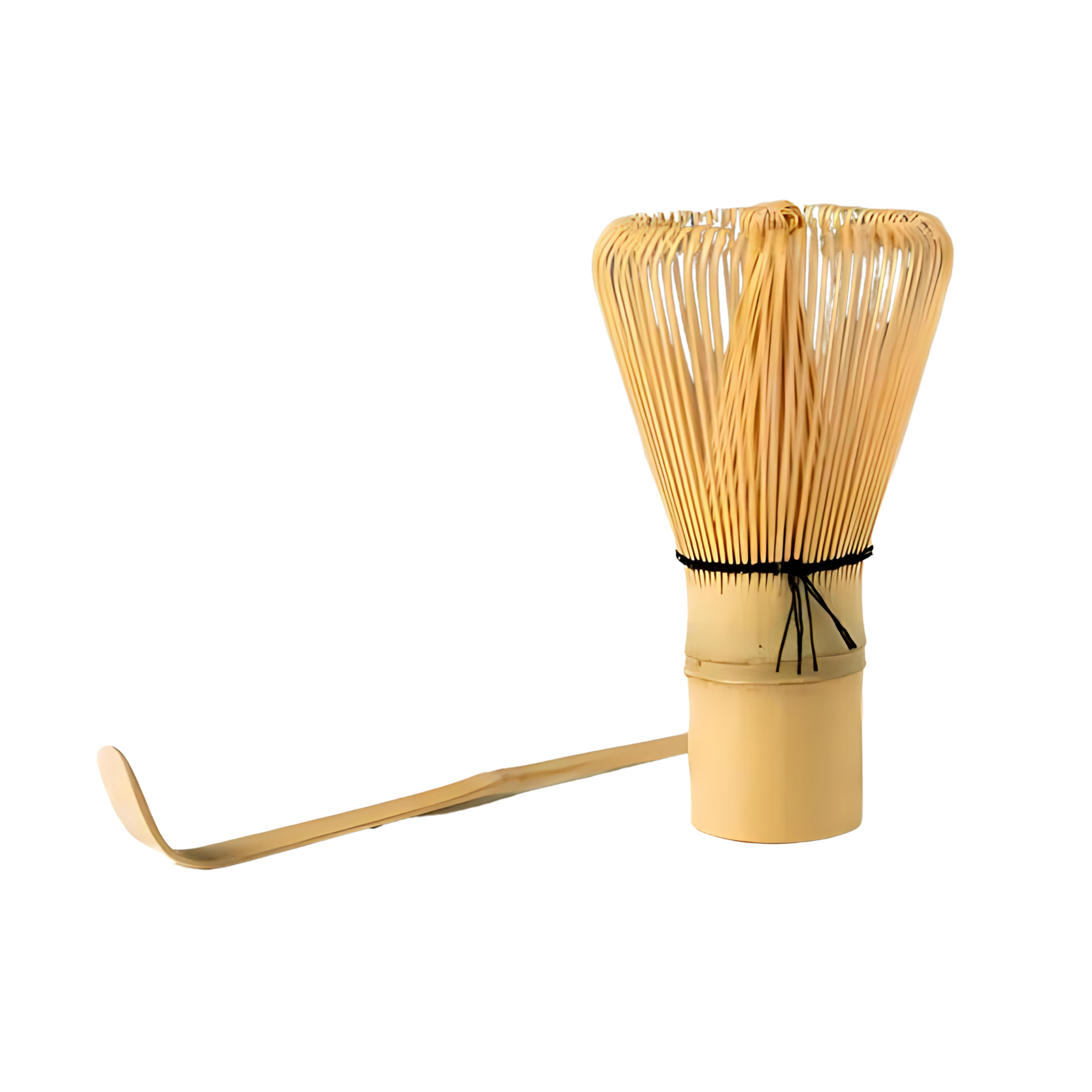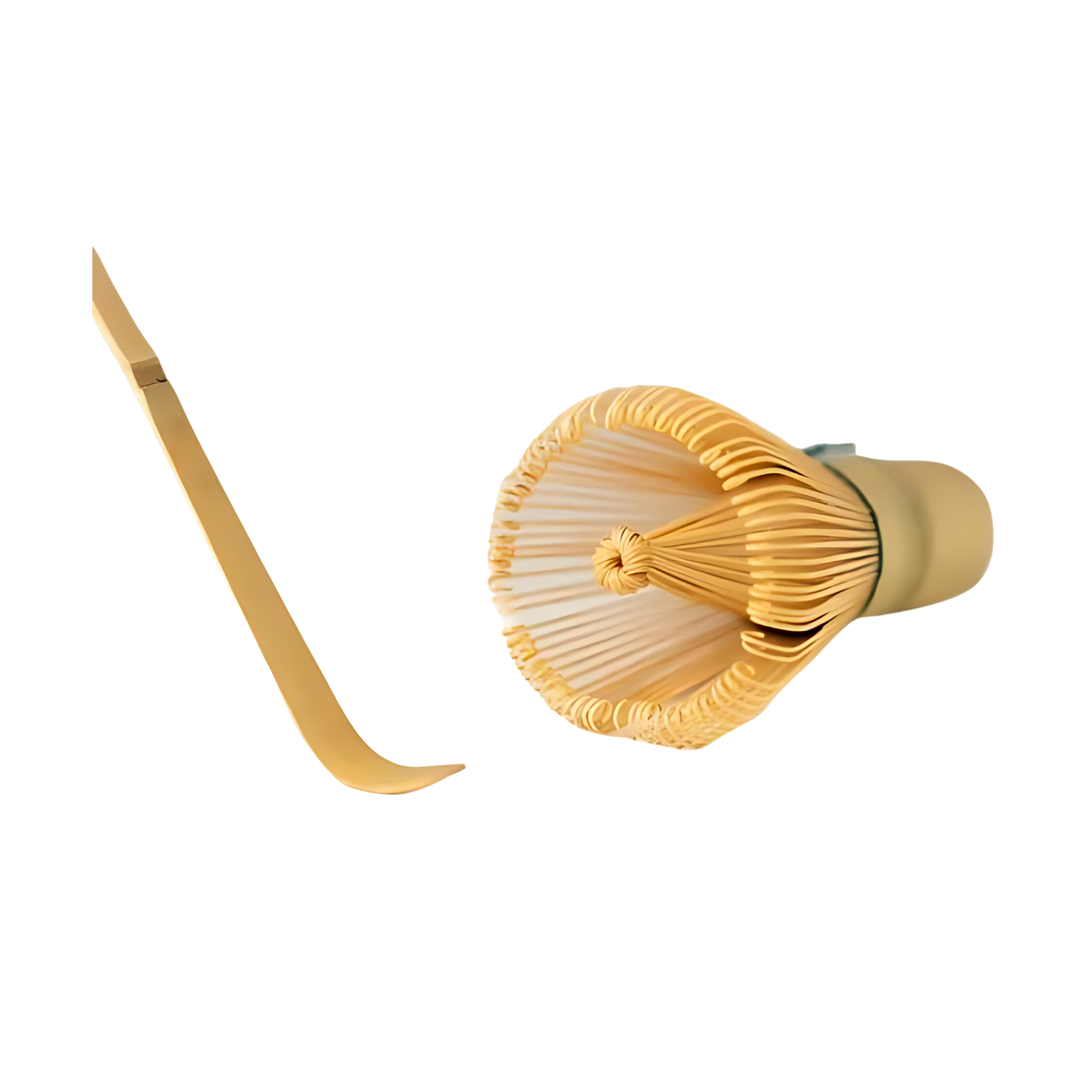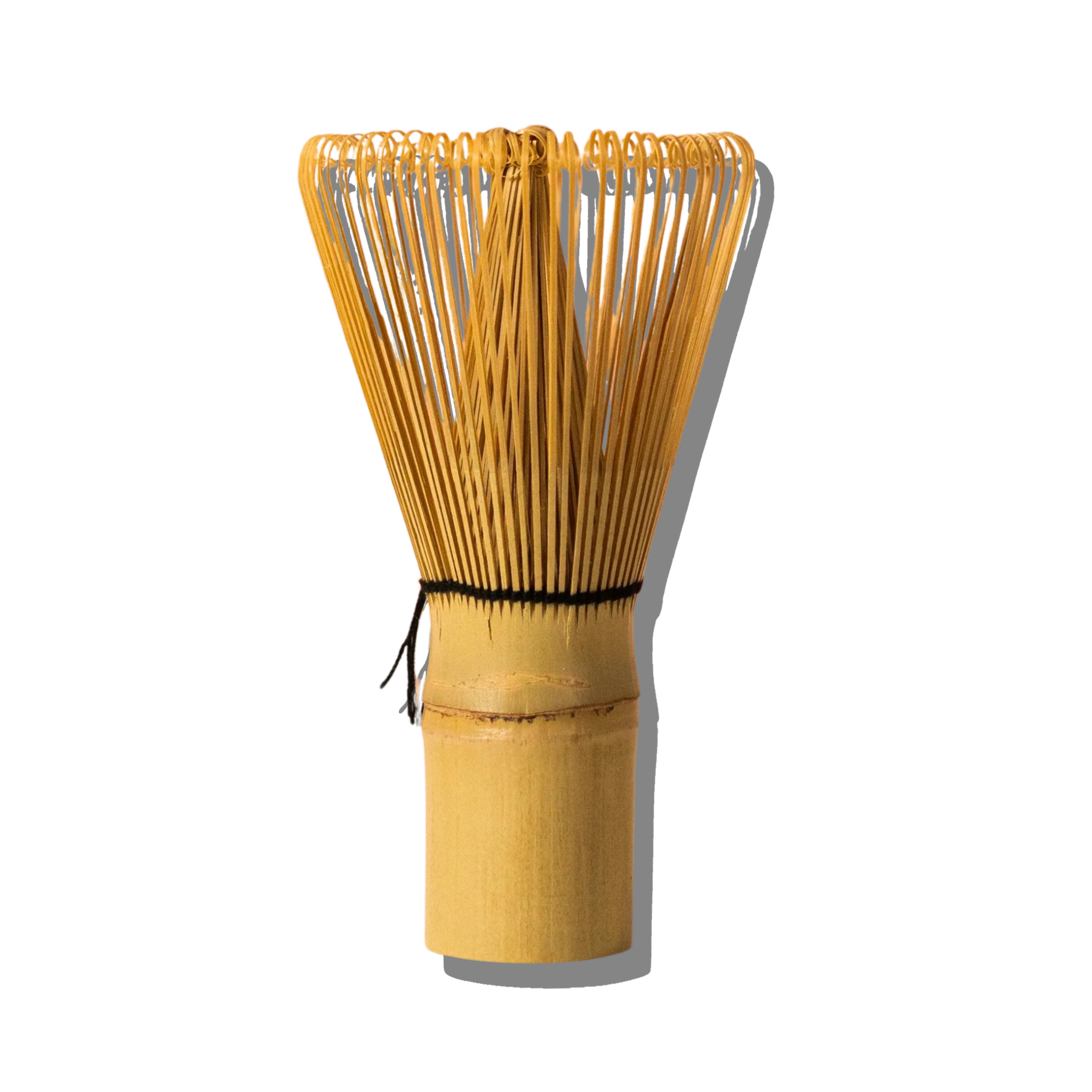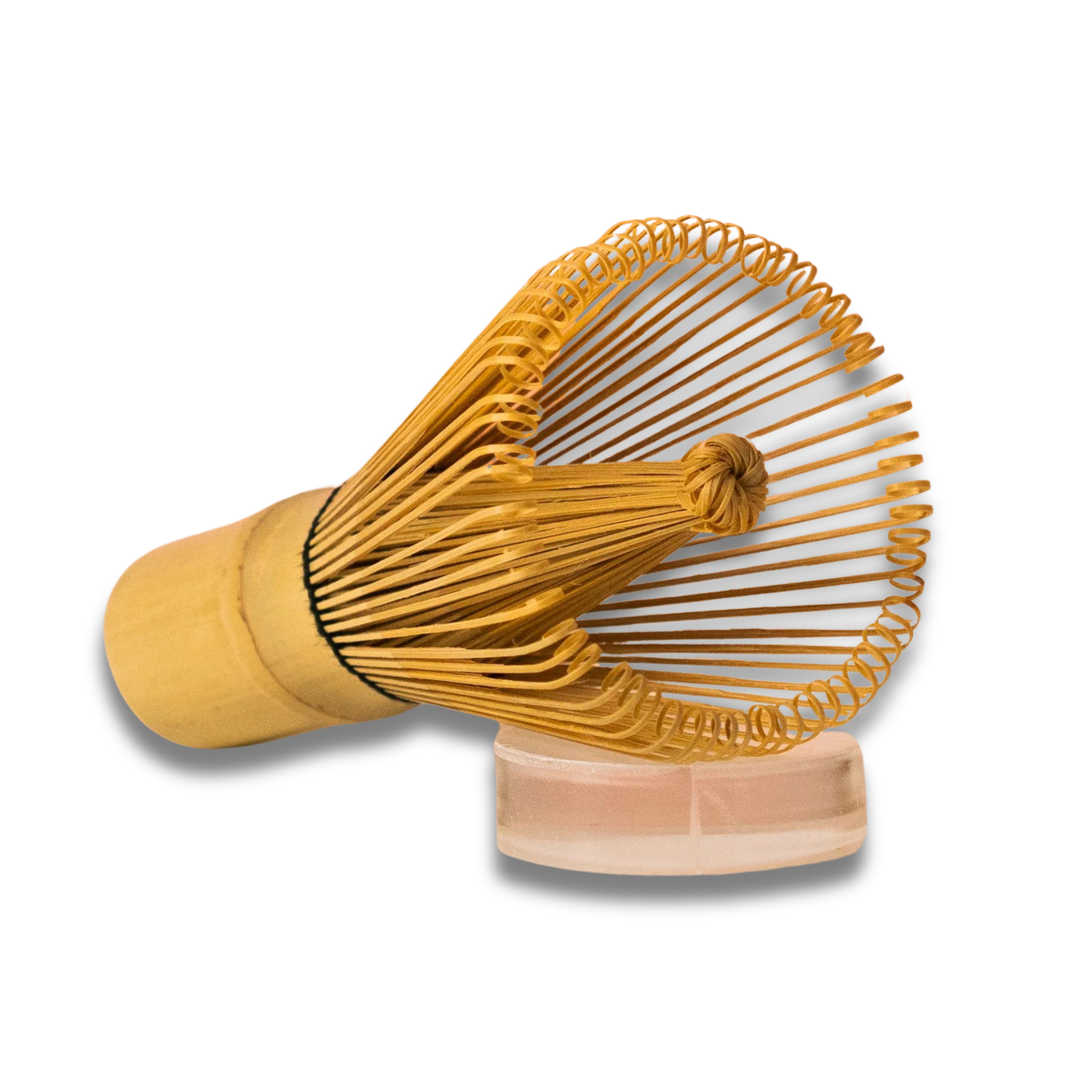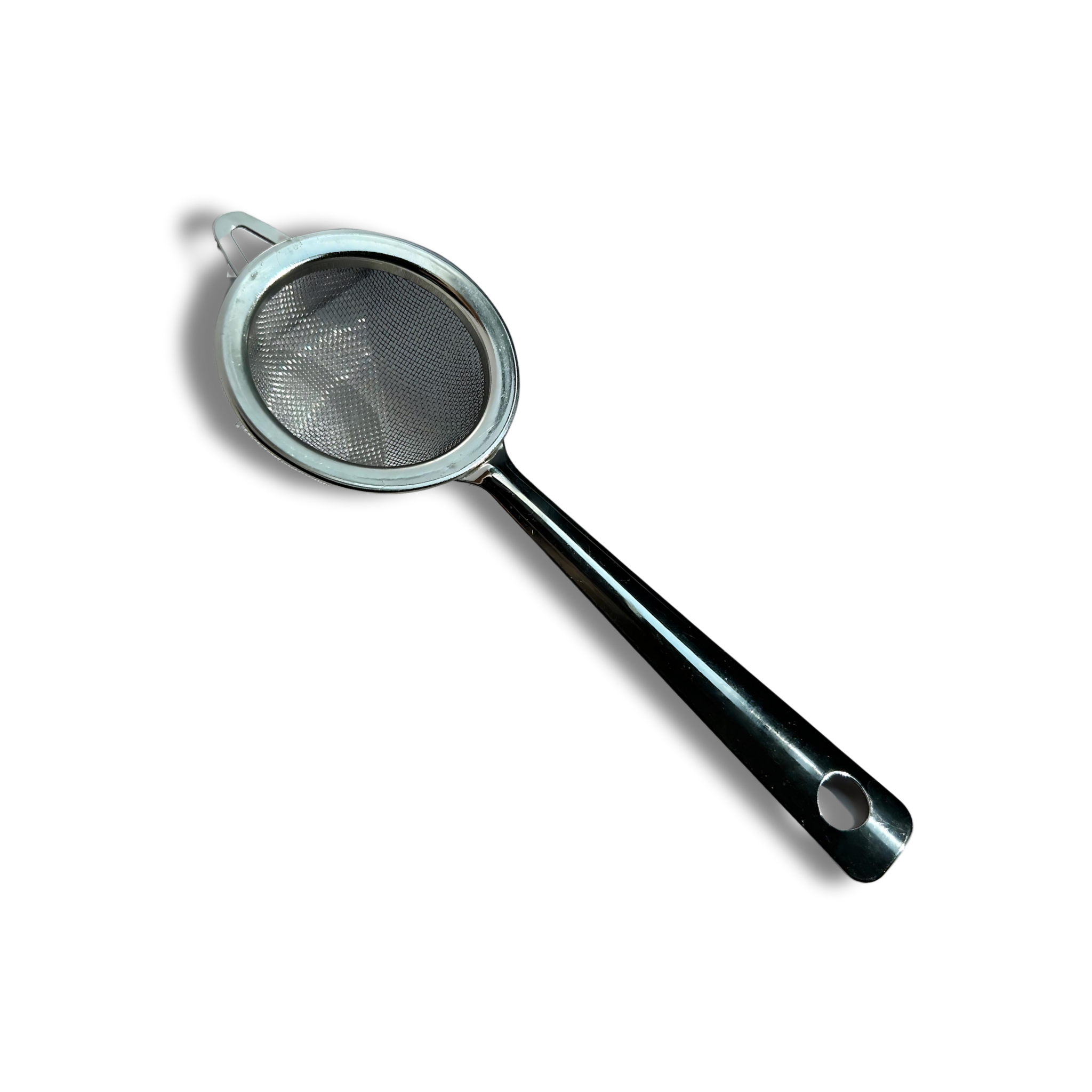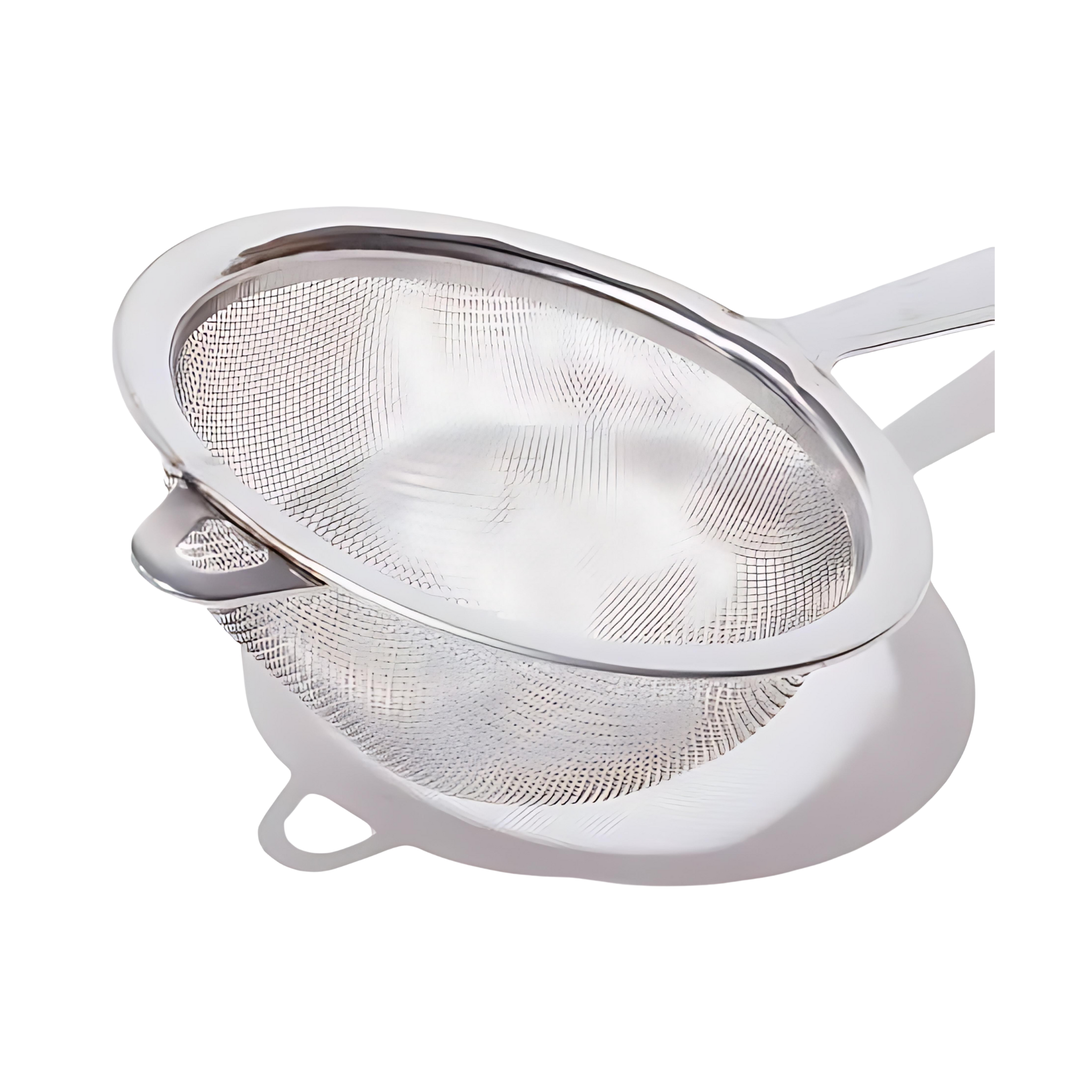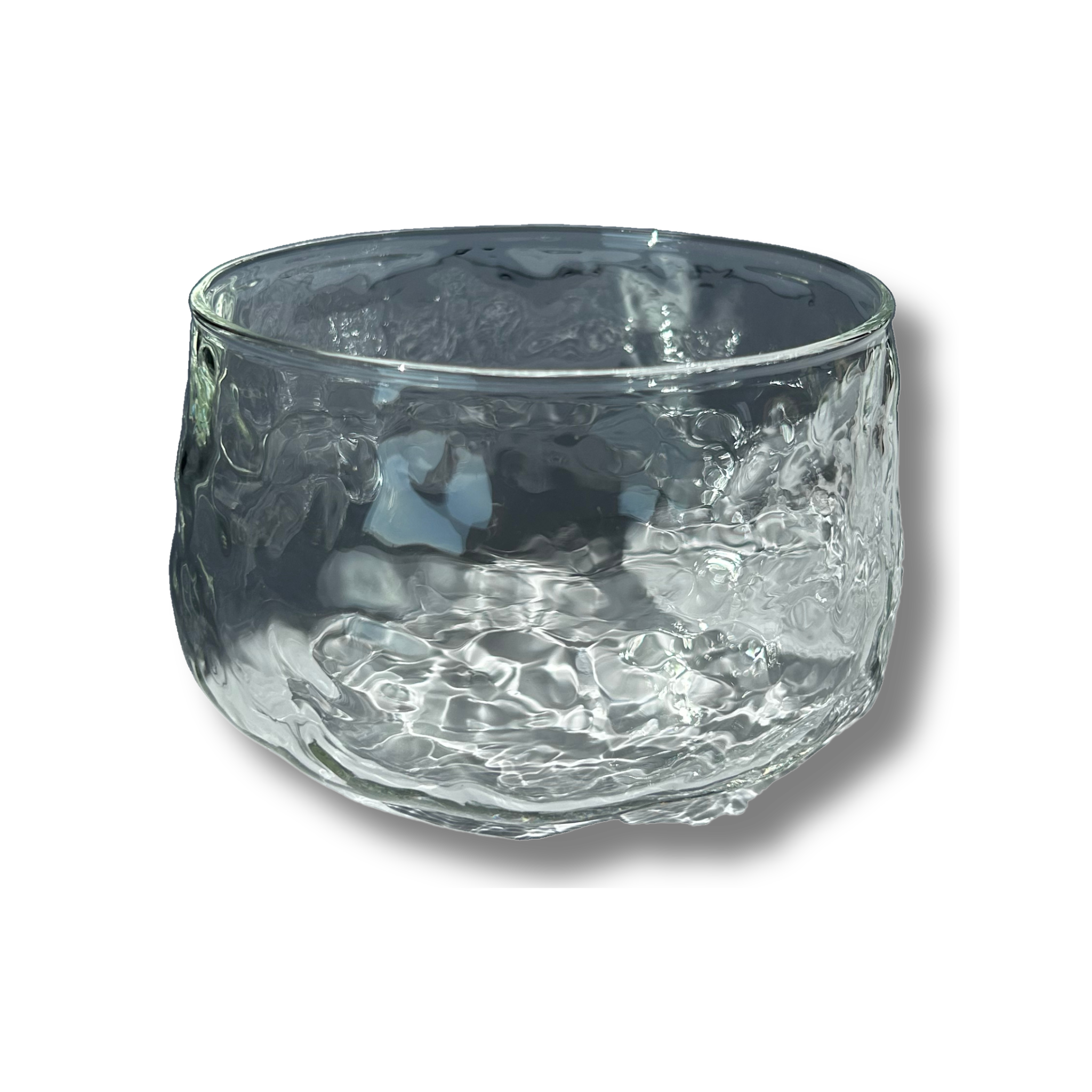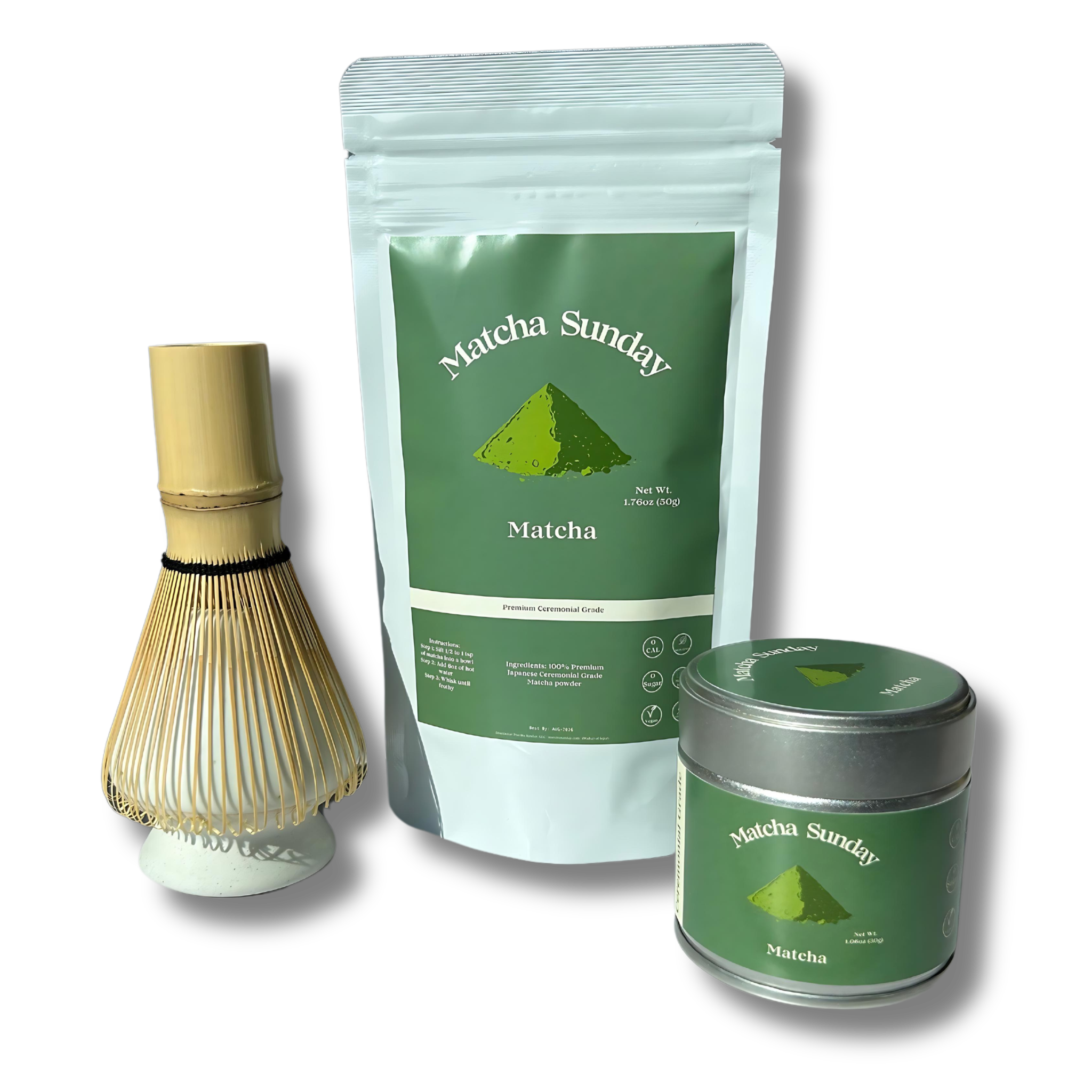The morning routine is sacred for many, setting the tone for the day ahead. Two popular choices to kickstart the day are matcha and coffee. While coffee has long been a staple, matcha is rapidly gaining popularity for its unique benefits. In this article, we’ll compare matcha and coffee to help you decide which is better for your morning routine.
1. Caffeine Content:
Coffee:
- Coffee is well-known for its high caffeine content, averaging about 95 mg per 8-ounce cup. This high caffeine dose can provide a quick energy boost, but it often leads to jitters and an energy crash later in the day.
Matcha:
- Matcha contains less caffeine than coffee, with about 35 mg per serving. However, the caffeine in matcha is released more slowly, providing a sustained energy boost without the crash. The presence of L-theanine in matcha also promotes a state of calm alertness.
2. Health Benefits:
Coffee:
- Coffee is rich in antioxidants and has been linked to various health benefits, such as reduced risk of certain diseases (e.g., Parkinson’s and Alzheimer’s). However, excessive consumption can lead to increased heart rate, anxiety, and digestive issues.
Matcha:
- Matcha is a powerhouse of antioxidants, particularly catechins, which help fight free radicals and reduce inflammation. Regular consumption of matcha can boost metabolism, support heart health, and enhance skin health. The combination of caffeine and L-theanine in matcha also improves cognitive function and concentration.
3. Impact on Stress and Anxiety:
Coffee:
- High caffeine levels in coffee can exacerbate stress and anxiety for some people. The sudden spike in energy can lead to increased heart rate and feelings of nervousness.
Matcha:
- The L-theanine in matcha promotes relaxation and reduces stress without causing drowsiness. It helps balance the stimulating effects of caffeine, making matcha a great choice for maintaining calm focus.
4. Taste and Preparation:
Coffee:
- Coffee has a bold, robust flavor that can be customized with various additives like milk, sugar, or syrups. It requires brewing, which can be time-consuming.
Matcha:
- Matcha has a unique, earthy taste that some find grassy or vegetal. It’s traditionally whisked with hot water, making it quick and easy to prepare. Matcha can also be added to smoothies, lattes, and baked goods for a different flavor profile.
5. Digestive Health:
Coffee:
- Coffee can be harsh on the digestive system, leading to acid reflux, stomach discomfort, and increased bowel movements for some people.
Matcha:
- Matcha is gentler on the stomach and can aid in digestion. Its alkaline nature helps balance the body’s pH levels, reducing acidity and promoting gut health.
Both matcha and coffee have their unique benefits and potential drawbacks. Coffee provides a quick energy boost and a rich flavor, but it can lead to jitters and digestive issues. Matcha offers a more balanced and sustained energy boost, along with a host of health benefits, including reduced stress and improved digestion. We recommend using a high quality ceremonial grade matcha for all your drinks, our Matcha Sunday Ceremonial Grade Matcha Powder is certified ceremonial grade. Ultimately, the choice between matcha and coffee depends on your personal preferences and how each beverage fits into your lifestyle. If you’re looking for a calm, focused start to your day, matcha might be the better option. If you prefer a robust flavor and a quick energy spike, coffee could be your go-to. Consider incorporating both into your routine and enjoy the best of both worlds.
Visit our website: Matcha Sunday.

